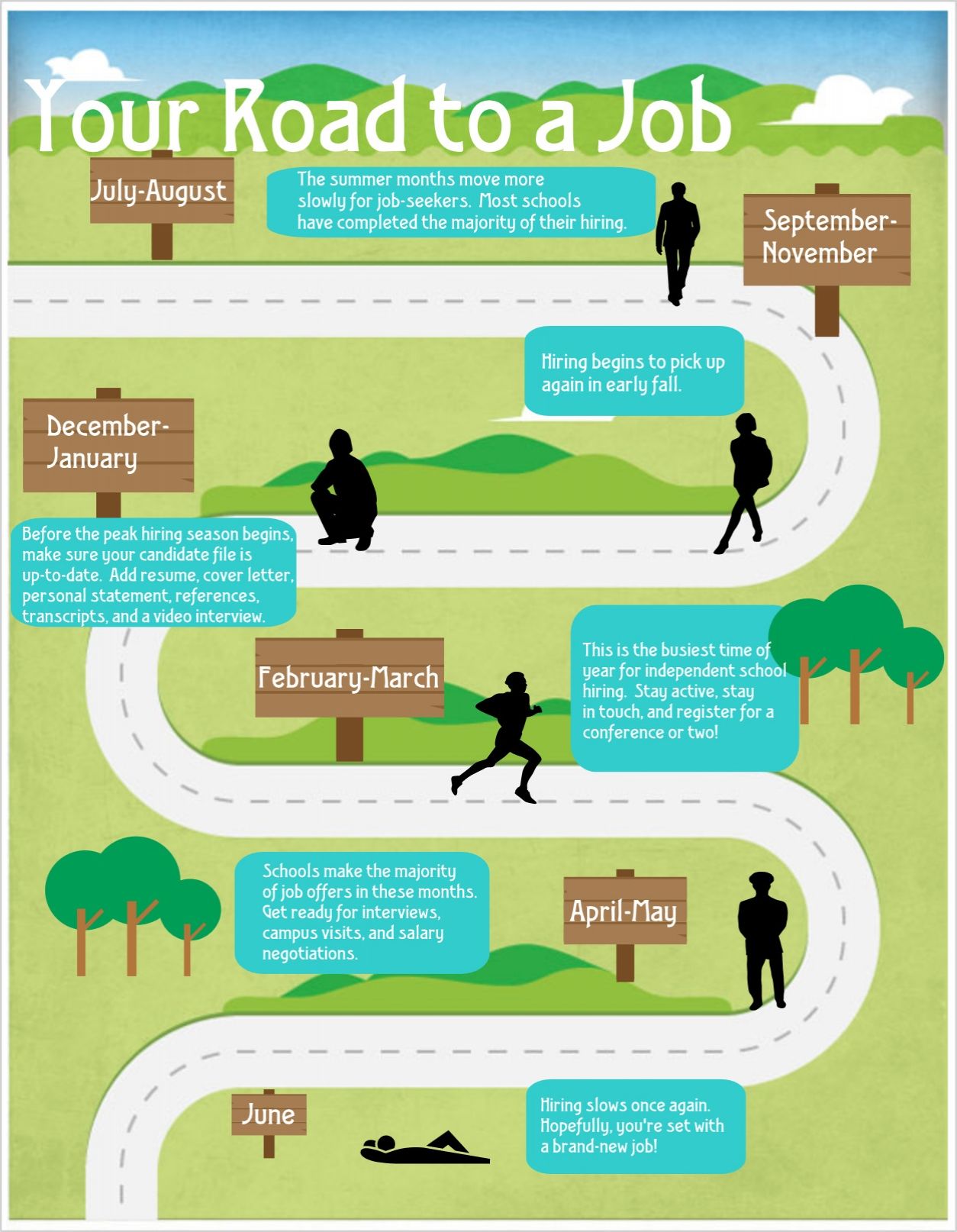Unlocking Career Opportunities with a Social Science or Political Science Degree
Introduction: The Power of a Social Science Degree
A degree in social science, including political science, opens the door to a wide spectrum of career opportunities in public service, business, research, education, and beyond. Social science majors gain critical thinking, analytical, and communication skills highly valued across industries. Whether you are drawn to government, non-profit work, corporate environments, or academia, the versatility of a social science background can help you shape a meaningful and rewarding career.
What Can You Do With a Social Science Degree?
Social science graduates are equipped to tackle complex problems, interpret human behavior, and drive positive change in society. Here are some of the most common-and rewarding-career paths available:
1. Research and Analysis
Many social science graduates become research assistants , market research analysts , or community researchers . They gather and interpret data on social trends, public opinion, or market behaviors for organizations, government agencies, or think tanks. For example, a research assistant might conduct surveys and analyze results for a policy institute, while a market research analyst could work for a major corporation interpreting consumer data to guide product development. [2] To access these roles, you can search for entry-level positions on major job boards, filter by “research assistant” or “analyst,” and tailor your resume to emphasize your research methods and data analysis coursework.
2. Human Resources and Organizational Development
Social science majors often excel in human resources roles, including HR specialist and manager positions. These professionals recruit, train, and support employees, using their understanding of workplace culture and group dynamics. To pursue a career in HR, consider looking for internships or assistant positions at large organizations. You may also pursue certification through reputable organizations like the Society for Human Resource Management (SHRM), which can be found by searching for “SHRM certification.” [1]
3. Social Services and Counseling
With a social science degree, you may qualify for roles such as social worker , mental health counselor , or community outreach coordinator . These professionals support individuals and communities, connecting them with resources and helping them navigate life’s challenges. To work in these areas, you may need additional certification or a graduate degree, depending on your state and desired role. Begin by contacting local non-profits or government agencies for entry-level opportunities and inquire about career development pathways. [3]
4. Law Enforcement and Criminal Justice
Social science graduates can become intelligence analysts , law enforcement officers , or crime statisticians . These roles involve interpreting data and human behavior to inform public safety and policy. Police departments, federal agencies, and private security firms all offer career pathways for candidates with strong research and analytical skills. To get started, research the requirements for law enforcement agencies in your state or city and consider pursuing specialized training or further education in criminal justice. [2]
5. Education and Academia
Many social science graduates pursue teaching roles in high schools, community colleges, or universities. Positions include sociology teacher , professor , or curriculum developer . To teach at the secondary level, you typically need a teaching credential, which can be earned through state-approved teacher preparation programs. For college-level positions, an advanced degree (master’s or PhD) is often required. Search for teacher credentialing programs in your state or contact local school districts for guidance on the application process. [3]
Political Science Majors: Specialized Career Tracks
A political science degree provides focused training in government, policy, and international relations, opening doors to a variety of influential roles:
1. Policy and Legislative Analysis
Policy analysts and legislative assistants conduct research, evaluate legislation, and advise lawmakers or advocacy organizations. Political science majors use their knowledge of government structures and policy processes to interpret the impact of proposed laws and recommend courses of action. To enter these fields, seek internships with government agencies, legislative offices, or policy research groups. Many state legislatures and non-profits offer structured internship programs-visit the official websites of your state government or legislative body for application details. [2]
2. Political Campaigns and Consulting
Political campaign managers and political consultants plan and coordinate election strategies, oversee outreach, and manage communications for candidates or advocacy groups. These roles require strong organizational, analytical, and communication skills. Entry-level positions may include field organizer, communications assistant, or research coordinator. To get started, volunteer for local campaigns or contact national political party offices to inquire about paid and unpaid positions. [2]
3. Government and Public Administration
Political science graduates are well-prepared for careers in government agencies at the local, state, or federal levels. Positions may include public affairs specialist , legislative analyst , or international business development analyst . To pursue these paths, research the specific requirements for civil service exams and application procedures in your region. The U.S. federal government, for example, lists openings on the official USAJOBS website ( usajobs.gov ). [4]
4. Journalism and Communications
Political science majors with strong writing and analytical skills often thrive as journalists , communications specialists , or public relations managers . They analyze current events, write news stories, and communicate complex policy issues to the public. To find opportunities, search for internships with media outlets, public relations firms, or advocacy organizations. Building a portfolio of published work or contributing to campus publications can help you stand out. [4]
Highest Paying and Fastest Growing Social Science Careers
The U.S. Bureau of Labor Statistics projects that social science careers will grow faster than average, with strong demand for market research managers and political scientists . These roles often require advanced degrees, but entry-level opportunities exist for those with a bachelor’s. Median annual salaries for some high-demand jobs include:
- Political Scientist: $122,510
- Market Research Manager: $136,850
- Human Resources Manager: $78,321
- Intelligence Analyst: $42,995
To access the latest salary information, visit the U.S. Bureau of Labor Statistics website and search for your occupation of interest. [5]
How to Access Opportunities and Advance Your Career
To maximize your career prospects with a social science or political science degree, follow these steps:
- Research Career Options : Use job boards, university career centers, and professional associations to learn about roles that match your skills and interests.
- Build Experience : Pursue internships, volunteer work, or part-time jobs related to your field. Many organizations offer structured programs for students and recent graduates.
- Enhance Your Credentials : Consider earning certifications, attending workshops, or pursuing advanced degrees to qualify for more specialized or higher-paying roles.
- Network Strategically : Join professional associations, attend industry conferences, and connect with alumni or professionals in your target field.
- Stay Informed : Follow reputable news sources and industry publications to keep up with trends and changes in your chosen career area.
If you are unsure where to begin, contact your college’s career services office for personalized advice or reach out to relevant professional organizations (such as the American Political Science Association or the National Association of Social Workers) for resources and networking opportunities.
Potential Challenges and Solutions
Some roles in social science and political science are highly competitive or require graduate-level education. To overcome these challenges:

Source: luzenelhorizonteymas.blogspot.com
- Gain practical experience through internships or volunteer work to build your resume.
- Consider hybrid roles in related fields such as business, marketing, or public relations where your skills are transferable.
- Stay open to entry-level positions that offer growth potential, even if they do not match your ideal job title at first.
Alternative Pathways and Flexible Options
If you decide not to pursue a traditional path in social sciences or political science, your degree still holds value across various sectors, including business development, consulting, law (with further education), urban planning, and non-profit management. Many employers value the research, communication, and analytical skills acquired through these programs, making you a competitive candidate for diverse roles.
References
- [1] Indeed (2025). 56 Jobs To Pursue With a Bachelor’s Degree in Social Science.
- [2] Troy Today (2023). What Can You Do With a Social Science Degree?
- [3] Walden University (2022). Social Science Careers on the Rise.
- [4] Coursera (2025). What You Should Know About Social Science Majors.
- [5] Nexford University (2025). 10 Highest Paying Social Science Jobs (Inc Salaries).
MORE FROM grabjobtoday.com













